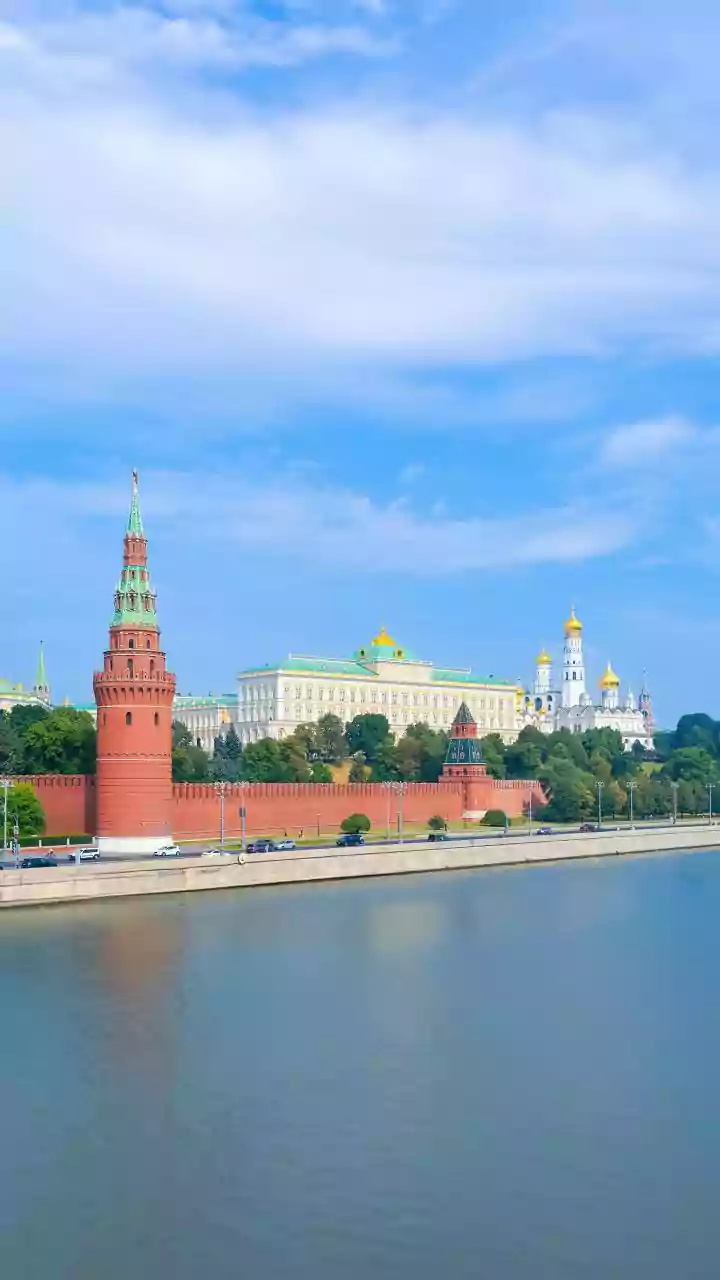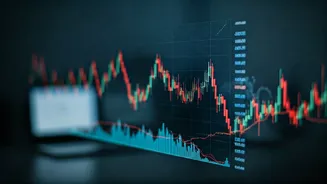Nobel's Economic Focus
The Economics Nobel Prize in 2025 was jointly awarded to three economists, each recognized for their pioneering work in understanding the relationship
between innovation and economic growth. This field of research has evolved significantly, particularly in recent decades, as economists aim to address and understand the complicated patterns of global economic growth. These economists focused on how innovation affects the entire process, including how new technologies and ideas lead to societal transformations. Their work has provided a comprehensive framework for assessing the drivers of long-term economic growth, helping policymakers and businesses make more informed decisions about investments in research and development, education, and infrastructure. The award underscored the growing importance of incorporating the dynamics of innovation into economic models and forecasts. Their studies gave a thorough comprehension of how economies grow by emphasizing the complex interplay of creativity, invention, and the spread of new technologies.
Key Research Areas
The laureates' research delved into multiple areas of innovation's effect on economic progress. Their work, which was based on a wide range of analytical approaches, highlighted the significance of how innovation impacts productivity. Another key area of focus was the role of technological diffusion. They studied how quickly and widely new innovations spread across different industries and countries, and they assessed how those innovations increased productivity. Moreover, their research examined the influence of human capital and education on innovation. They argued that investments in education and skills development are important for promoting innovation by creating a workforce capable of inventing, adopting, and using new technologies and ideas. The laureates also considered how governmental policies affect innovation, exploring the effects of research and development subsidies, intellectual property rights, and regulatory environments. They looked at how specific strategies and policies can promote, or hinder, the rate of innovation, and consequently, impact overall economic growth.
Innovation's Economic Drivers
The work done by the 2025 Nobel laureates highlighted the fundamental mechanisms that drive economic growth through innovation. Their research emphasized the need to understand the cyclical nature of the process. They established that innovation is not a single event, but a continuous process involving the production, dissemination, and implementation of new ideas and technologies. Furthermore, they established that investment in research and development plays a crucial role in fostering innovation by funding the discovery of new technologies and inventions. Another key factor is the protection of intellectual property rights, which offers inventors and innovators incentives to invest and create new products and services. The laureates also emphasized the importance of a supportive environment that encourages risk-taking and entrepreneurship. Their findings offer a new outlook on promoting economic growth in the face of global technological advancements.
Global Economic Impacts
The contributions of the 2025 Nobel laureates have significant consequences for economic policy worldwide. Their study supports the necessity of investing in innovation, particularly in research and development and education, to facilitate long-term economic growth. Their research also emphasizes the importance of creating a favorable environment for innovation, which means creating a regulatory framework that helps to spur business activities, protect intellectual property rights, and facilitate the spread of new technologies. Furthermore, their work has prompted governments worldwide to rethink their economic strategies. Several international organizations and economic leaders have employed the insights from the laureates' study to devise strategies to promote innovation and economic development. As the globe becomes increasingly reliant on technology and new ideas, the insights from the 2025 Nobel Prize serve as a critical resource for promoting economic prosperity.




















